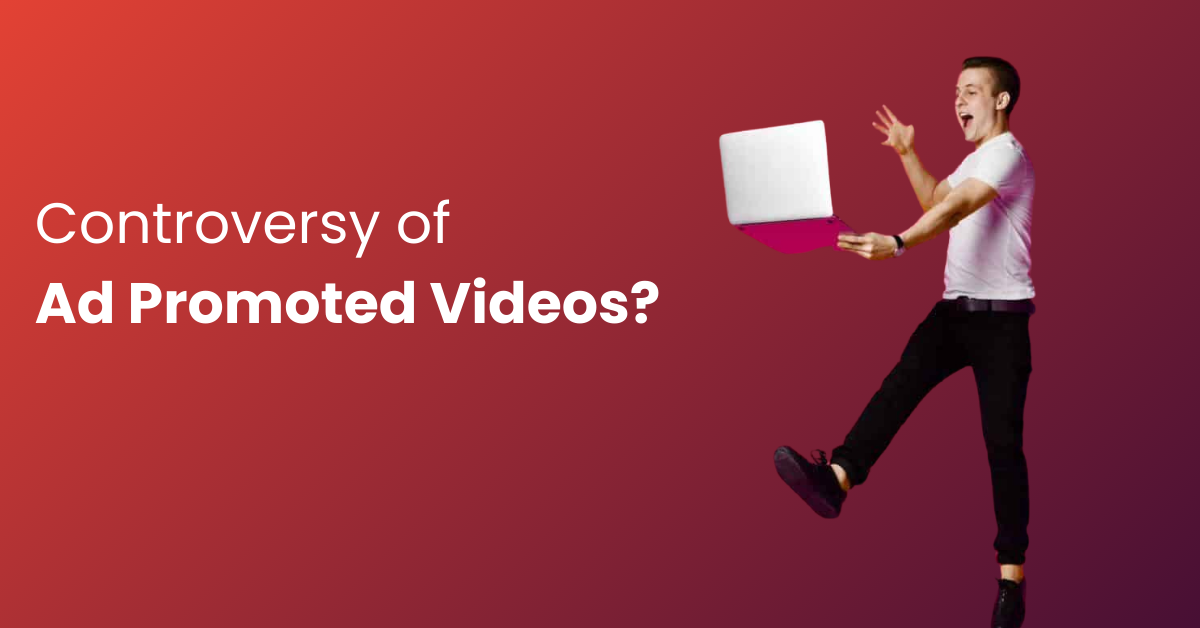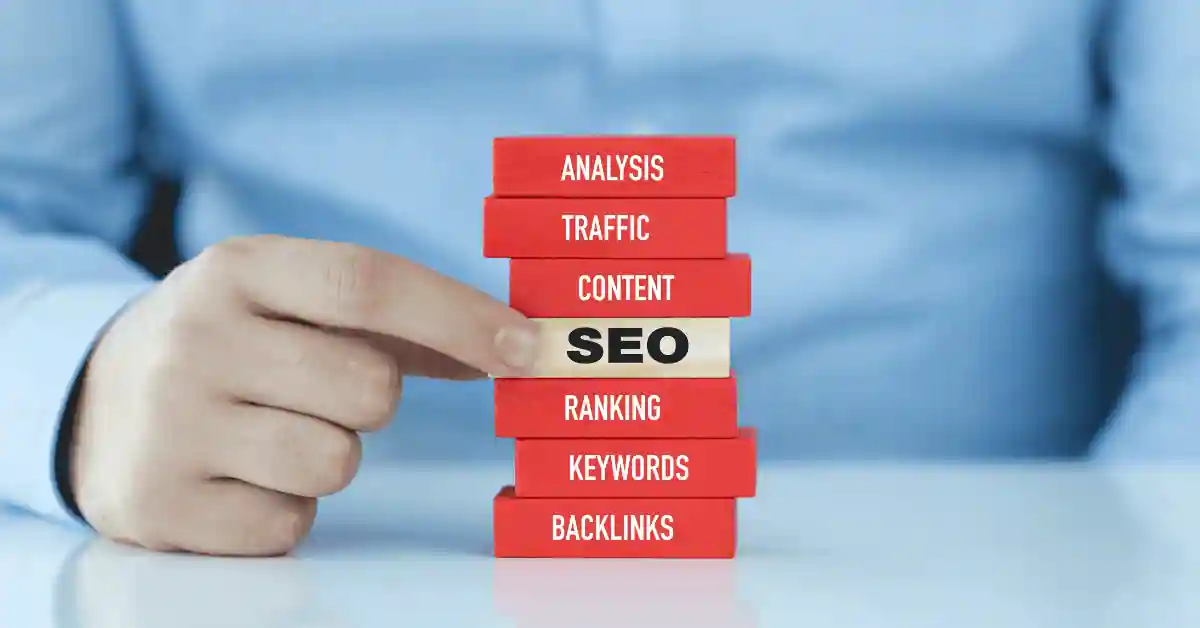What Are Ad-Promoted Videos?
To fully understand the controversy, let’s first break down what ad-promoted videos are. These are videos that advertisers pay to promote on platforms like YouTube, Facebook, and Instagram. The main goal is to expand the video’s reach beyond its organic audience. Advertisers can target specific demographics based on interests, behavior, and location.
The Basics of Ad-Promoted Videos
Ad-promoted videos are typically short, eye-catching clips meant to grab attention quickly. Whether it’s a 15-second ad or a full-length promotion, these videos are designed to leave an impression. They appear as pre-roll ads, in-feed posts, or even sponsored content, depending on the platform.
How Ad-Promoted Videos Work
Platforms like Facebook and YouTube use complex algorithms to display these videos to users most likely to engage with them. Advertisers bid for these placements, and once their bid is successful, the video is shown to the target audience. As users interact with the content, it gets more exposure, increasing the likelihood of it going viral.
Why Are Ad-Promoted Videos So Popular?
Ad-promoted videos have taken over marketing strategies due to several key factors. Here’s why they’ve gained so much traction:
The Power of Social Media Platforms
Social media platforms have become marketing goldmines, offering access to billions of active users. With such a massive audience, platforms like Instagram and TikTok are ideal for advertisers aiming to boost brand awareness. Video content, particularly, has a higher chance of going viral, making it an irresistible option for brands looking to make an impact.
The Growing Demand for Video Content
People are increasingly consuming video content because it’s quick and engaging. Video often holds attention better than static images or text, making it the preferred format for online content. This growing demand has pushed businesses to invest in ad-promoted videos to stay ahead of the competition and effectively convey their message.
The Positive Side of Ad-Promoted Videos
While ad-promoted videos have sparked controversy, they also offer undeniable benefits. Let’s take a closer look at the positives.
Boosting Brand Awareness
One of the biggest advantages of ad-promoted videos is their ability to boost brand visibility. By promoting their videos, businesses can expose their products or services to a wider audience. This increased exposure helps brands reach customers who might not have discovered them otherwise. Ultimately, this visibility can lead to higher sales and stronger customer loyalty.
Increasing Engagement with Target Audiences
Ad-promoted videos allow brands to connect directly with their target audiences. Thanks to advanced targeting tools on platforms like Facebook and YouTube, businesses can create tailored videos that resonate with specific groups. As a result, these videos are more likely to engage viewers, generate comments, and be shared, increasing brand interaction.
The Dark Side: Why Ad-Promoted Videos Spark Controversy
While ad-promoted videos offer many advantages, they also come with serious issues. Let’s dive into the controversies surrounding them.
Lack of Transparency and Misleading Content
One of the primary concerns with ad-promoted videos is the lack of transparency. Often, these videos are designed to look like regular content rather than ads. This blurs the line between authentic content and paid promotion, potentially misleading viewers. The problem intensifies when influencers fail to disclose their partnerships with brands, making it even harder for viewers to distinguish between real recommendations and paid endorsements.
Invasive and Manipulative Advertising Techniques
Ad-promoted videos can feel intrusive, especially when they interrupt a user’s experience. Some ads use manipulative tactics to encourage purchases, such as creating a false sense of urgency or using shame-based marketing. These techniques can make viewers feel uncomfortable or pressured into making quick decisions.
Impact on Consumer Trust
The constant barrage of ad-promoted videos can lead to skepticism. As consumers encounter more and more ads, they may begin to distrust all content, regardless of its source. When viewers can’t tell if they’re watching authentic content or paid promotions, it undermines the credibility of brands and influencers.
The Ethics of Ad-Promoted Videos
Ethical concerns also come into play when discussing ad-promoted videos. Let’s break down the main ethical issues.
Deceptive Practices and Ethical Concerns
A major ethical issue with ad-promoted videos is deception. These videos often disguise themselves as regular content, leading viewers to believe they are seeing genuine, non-promotional material. This lack of transparency can mislead audiences, who might not realize they’re being marketed to. Moreover, manipulative advertising tactics raise further ethical questions about the responsibility of brands to protect consumer interests.
The Role of Influencers in Ad-Promoted Content
Influencers play a crucial role in ad-promoted videos, but their involvement raises concerns. Some influencers fail to clearly disclose paid partnerships, leaving their audiences unaware of the brand deals they’re promoting. This lack of honesty can lead to a loss of trust among followers and calls for stricter regulations in the influencer marketing industry.
Ad-Promoted Videos and Mental Health: A Growing Concern
The impact of ad-promoted videos extends beyond the consumer’s wallet—they can also affect mental health.
How Ads Affect Mental Well-Being
Continuous exposure to ad-promoted videos, particularly those promoting unattainable beauty standards or lifestyles, has been linked to negative mental health outcomes. Viewers may experience feelings of inadequacy or pressure to conform to these ideals, leading to anxiety, depression, and other emotional issues.
The Pressure to Conform to Unrealistic Standards
Ad-promoted videos often portray an unrealistic view of life, especially in beauty, fashion, and lifestyle sectors. This can create unrealistic expectations and affect self-esteem, particularly among young viewers who are more impressionable. These videos contribute to the growing pressure to achieve unattainable standards.
Regulation and the Future of Ad-Promoted Videos
As ad-promoted videos continue to be a dominant force in digital marketing, regulation is becoming increasingly necessary.
Existing Regulations and Their Impact
There are some regulations in place to address transparency in ads, but they are often inconsistent across platforms and regions. Current rules are not always enough to protect consumers from misleading or unethical advertising practices. Stricter regulations are essential to ensuring that ad-promoted videos are transparent, ethical, and non-deceptive.
What Can Be Done to Ensure Ethical Practices?
To reduce the ethical concerns surrounding ad-promoted videos, businesses, platforms, and influencers must adopt more responsible practices. Clear disclosure of paid content is a step in the right direction. Moreover, brands should avoid manipulative tactics and prioritize honesty and transparency in their video ads. By fostering ethical advertising practices, businesses can rebuild consumer trust and create more positive experiences.
Conclusion: Navigating the Controversy of Ad-Promoted Videos
Ad-promoted videos have revolutionized how businesses connect with their audiences, but they also raise important ethical, mental health, and transparency concerns. While they offer powerful tools for brand awareness and engagement, these videos also pose significant risks to consumer trust and well-being. As the digital advertising landscape continues to evolve, businesses and regulators must work together to strike a balance between effective marketing and responsible practices.
FAQs
- What are ad-promoted videos? Ad-promoted videos are paid promotions that advertisers use to boost their reach on platforms like YouTube and Facebook, targeting specific audiences.
- Why do ad-promoted videos spark controversy? They raise concerns about transparency, ethical practices, and the potential to mislead consumers or negatively impact their mental health.
- How do ad-promoted videos affect consumer trust? The overwhelming presence of ads can lead to skepticism, as consumers struggle to differentiate between authentic content and promotional material.
- What are the ethical concerns surrounding ad-promoted videos? The main ethical issues include deception, manipulative advertising tactics, and the lack of transparency in influencer partnerships.
- How can we ensure ethical practices in ad-promoted videos? Stricter regulations and clearer disclosure of paid content are essential. Brands should avoid manipulative tactics and focus on creating transparent, responsible advertising.






